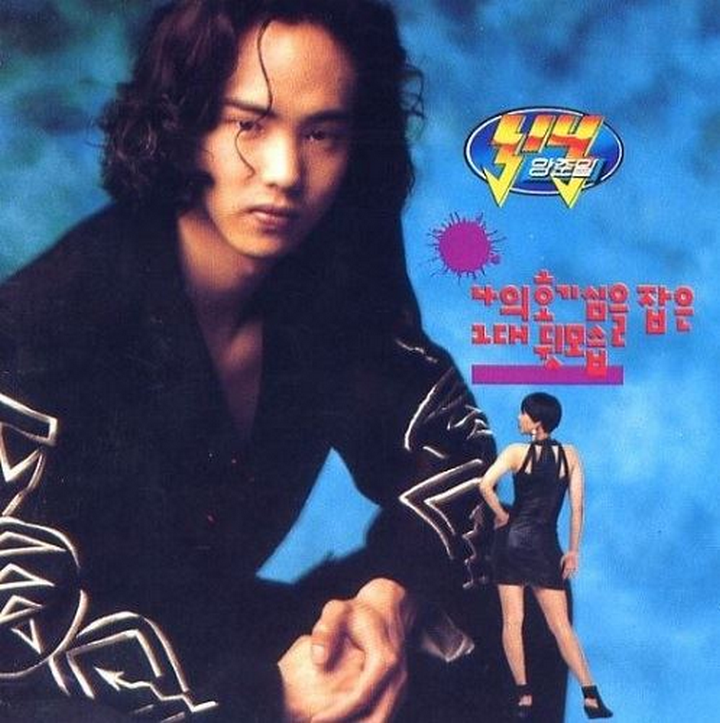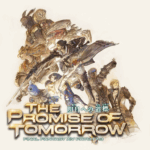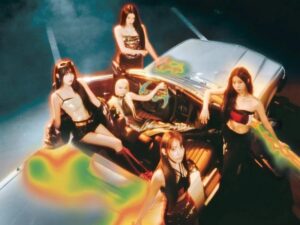Interest Treasures: The Unusual Journey of Yang Joon Il
Many of you are probably into, or at least heard of, the latest K-pop acts such as BTS, TWICE, BLACKPINK, and Stray Kids. But there is Yang Joon Il (Hangul: 양준일), a solo artist who made his debut at the very beginning of the 1990s, and who was largely ignored by the Korean media because of his approach to the norms of the era.
Yang Joon Il was scouted by a Korean talent agency in his home state of California, eventually leading to his debut in South Korea with his single “Rebecca“. However, while he did get a decent reception with the younger crowd, others were not impressed with his style–and of his limited knowledge of the Korean language at at time when Korea was at the beginning of an emergence from post war to what the country is today.

DKDK TV has a video that highlights the rise and fall–and sudden revival–of the solo artist Yang Joon Il as of 2019. His reemergence is thanks to the “Newtro” trend, or “New Retro“: in which the aspects of the “Vaporwave” fandom gave inspiration for embracing all things 80s and 90s.
To K-Pop fans in 2020, he looks like a doppelganger of G-Dragon, or a “90s G-Dragon”, where Yang Joon Il created the style, currently held by G-Dragon, back in an era where it was widely unacceptable.
The first time I heard about Yang Joon Il was by chance several years ago, way before the “New Retro Wave”, on YouTube during a random late night excursion through rare K-Pop songs back in the day. One of the songs was “가나다라마바사” (Ka-na-da-ra-ma-ba-sa), which translates into “ABCDEFG“, and is also known as “Pass Word“, from his second album in 1992. (It’s also available on Spotify! Location may vary.)
Being a sucker for New Jack Swing–a R&B subgenre fathered by Teddy Riley, composer of “The Boys“ performed by Girls Generation, EXO’s “What Is Love“, and dozen other hits with SM Entertainment–I instantly fell in love with the song, but at the time knew very little of Yang Joon Il. As he was originally living his life as a private citizen in his early 50s in the United States following his unusual banishment from Korean media, he is currently making TV appearances on Korean TV in 2020, talking about his struggles of his younger self, and is enjoying the moment in the spotlight, where his modern fans are making up for the time he lost as a 90s idol.
Discover more from Centaku Media
Subscribe to get the latest posts sent to your email.











One thought on “Interest Treasures: The Unusual Journey of Yang Joon Il”